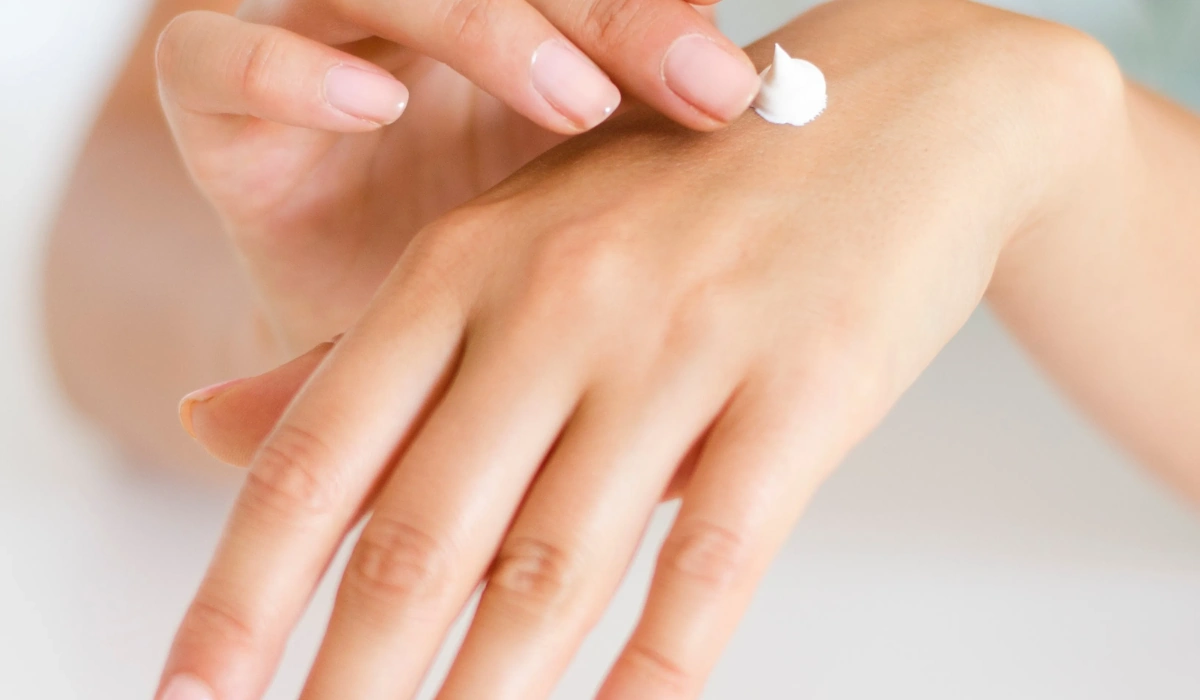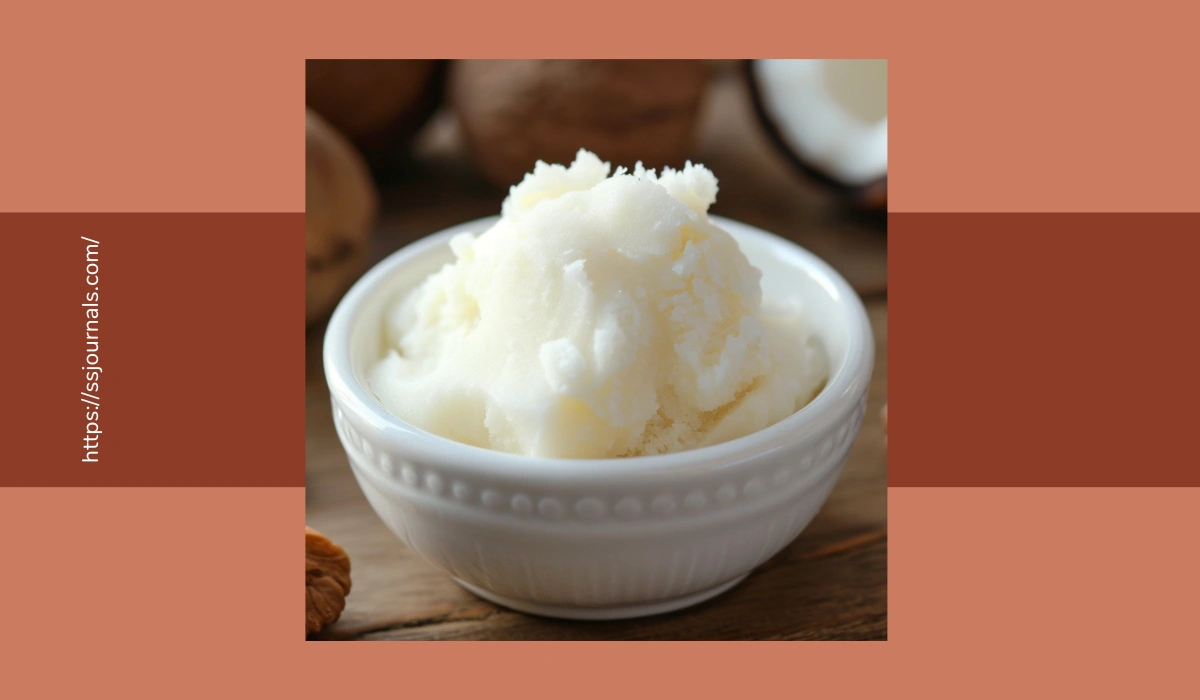The products we choose are crucial for maintaining our skin’s health and appearance. This is especially true for skincare. Among the many natural products vying for attention, shea butter often emerges as a popular choice.
Shea butter is recognized for its hydrating and nurturing characteristics. It is a common ingredient in lotions, creams, and even cosmetics. But a pressing question for many with acne-prone skin is: does shea butter clog pores? And is it a bad idea for pimples? Let’s delve into these concerns.
What is Shea Butter?
Shea butter is a fat extracted from the nuts of the shea tree, found in West Africa. It has been used for centuries in African communities, not just for skincare but also for medicinal purposes.
Shea butter contains abundant amounts of vitamins A, E, and F. It also offers UV protection. People celebrate shea butter for its moisturizing and anti-inflammatory properties.

Shea Butter and Pores
The fear of clogged pores from skincare products is legitimate, especially for those with acne-prone skin. Pores clog when excess oil, dead skin cells, and dirt build-up. This blockage can lead to acne, blackheads, and other skin issues. But does shea butter contribute to this problem?
Surprisingly, shea butter is non-comedogenic, meaning it’s unlikely to clog pores. Its comedogenic rating is typically 0 to 2 on a scale of 0 to 5, with 0 being non-comedogenic. This scale measures the likelihood of a substance to clog pores. This is good news for those considering shea butter in their skincare routine.
Shea Butter for Acne-Prone Skin
Now, let’s address the big question: is shea butter a bad idea for pimples? Considering its non-comedogenic nature, shea butter shouldn’t exacerbate acne. Its anti-inflammatory properties can be beneficial. Acne is not just about clogged pores; inflammation plays a key role. Shea butter contains lupeol cinnamate. This compound is known for its anti-inflammatory and skin-repairing properties. This compound could potentially help reduce acne inflammation.
However, it’s essential to understand that everyone’s skin is unique. What works for one person might not work for another. Shea butter is thick and rich, and while it doesn’t clog pores, its heaviness might not be suitable for oily skin types. It’s always advisable to do a patch test before fully incorporating any new product into your skincare routine.
Benefits of Shea Butter
Shea butter has been a go-to ingredient in skincare for centuries, and for good reason. It is packed with vitamins and fatty acids, making it incredibly nourishing for the skin. But what exactly does it do? Let’s dive into the world of shea butter and explore how it benefits our skin.
👉Nourishing Moisturizer
Shea butter is an excellent moisturizer. Its rich texture and high concentration of fatty acids and vitamins make it an ideal ingredient for softening skin. It easily penetrates the skin without leaving a greasy residue. This makes it perfect for all skin types. Whether you have dry, oily, or combination skin, shea butter can provide the moisture your skin needs.
👉Soothing Anti-inflammatory Agent
If you have sensitive or easily irritated skin, shea butter might be a game-changer for you. It’s known for its anti-inflammatory properties. These can help soothe skin conditions like eczema, psoriasis, and dermatitis. The lupeol cinnamate compounds found in shea butter are thought to reduce skin inflammation. They may also help avoid skin mutations, providing a gentle, calming effect.
👉Anti-aging Properties
Who doesn’t want youthful-looking skin? Shea butter is also celebrated for its anti-aging properties. It helps boost collagen production. This promotes cell regeneration, which can reduce wrinkles and fine lines. The vitamins A and E found in shea butter keep the skin supple and nourished. They also protect it against the harsh effects of the sun and environmental pollutants, which are known to accelerate aging.
👉Scar and Stretch Mark Reduction
Scars and stretch marks are common skin concerns. Shea butter can be an effective natural remedy. Its rich content of vitamins and fatty acids can help improve skin elasticity. This reduces the appearance of stretch marks and scars over time. It’s not an overnight solution. However, with consistent use, many people notice their skin’s texture and appearance improve.
👉Sun Protection
Shea butter shouldn’t replace your regular sunscreen. However, it does offer some protection against UV rays. It’s believed to have a low level of SPF (about SPF-6), thanks to the cinnamic acid it contains. This can provide an added layer of protection, especially helpful if you spend a lot of time outdoors.
👉Healing Qualities
Shea butter has notable healing qualities. It’s often used to soothe and speed up the healing of minor skin wounds and irritations. This is due to its rich content of plant sterols and antioxidants, which can help repair damaged skin and promote faster healing of skin tissues.
👉Safe for All Skin Types
One of the best things about shea butter is that it’s generally safe for all skin types. It’s a gentle, natural product. You can incorporate it into any skincare routine without much concern for adverse reactions.
How to use Shea butter?
If you’re thinking about trying Shea butter for your skin, here’s a little advice on how to use it well. First, you only need a tiny bit, especially with oily skin. Shea butter is pretty rich, so a little will go a long way. Make sure you get the 10% pure, unrefined kind. It’s packed with all the good vitamins and minerals.
Also, it’s probably better to use it at night since it’s quite thick and might not sit well under makeup. And if you’ve got sensitive or acne-prone skin, do a small patch test first to make sure it doesn’t irritate your skin.
In conclusion, shea butter is unlikely to clog pores due to its low comedogenic rating. However, its suitability for acne-prone skin can vary. Its anti-inflammatory properties and rich nourishment make it compelling. That’s why it’s a great addition to skincare routines. However, as with any product, individual experiences may differ.
Always listen to your skin. Consult with a dermatologist if you have specific concerns. Shea butter could be a wonderful addition to your skincare arsenal. However, using it wisely and observing how your skin reacts to it is essential.

